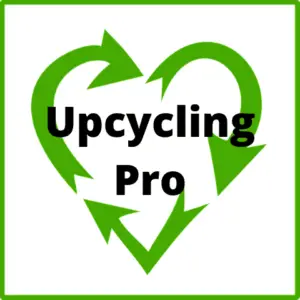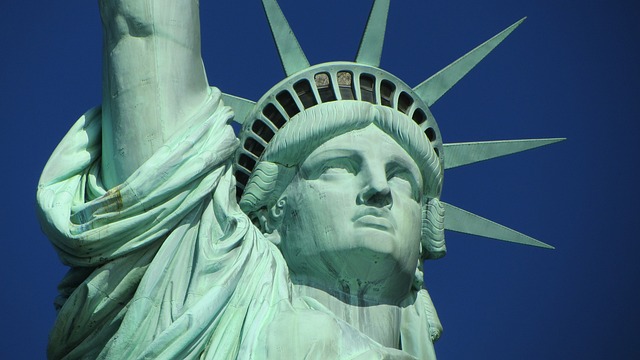Recycling is an essential part of waste management, and it is becoming increasingly important for us to recycle to protect the environment. New York City (NYC) has strict recycling rules, which aim to reduce waste and protect the environment. In this article, we will discuss the NYC recycling rules and how to follow them.
Why is recycling important?
Recycling is essential because it helps to reduce the amount of waste that ends up in landfills. When we recycle, we can reuse materials, which reduces the need for new resources. Recycling also helps to conserve natural resources, reduce greenhouse gas emissions, and decrease the amount of energy used in the manufacturing process.
What are the benefits of recycling?
Recycling has numerous benefits. First, it helps to conserve natural resources. Second, it reduces greenhouse gas emissions, which contribute to climate change. Third, it helps to reduce energy consumption. Fourth, it helps to create jobs in the recycling industry. Finally, it helps to reduce the amount of waste that ends up in landfills.
What are the consequences of not recycling?
If we do not recycle, we will continue to consume natural resources at an unsustainable rate. We will also contribute to climate change by increasing greenhouse gas emissions. In addition, we will continue to use more energy than necessary, which will drive up the cost of energy. Finally, we will continue to fill up landfills, which will harm the environment and our health.
What are the recycling rules in NYC?
NYC has strict recycling rules, which require residents and businesses to recycle specific materials. The city has a single-stream recycling program, which means that all recyclable materials can be placed in the same container. However, there are some exceptions.
What can be recycled in NYC?
NYC residents can recycle the following items:
- Paper and cardboard
- Metal (including cans, foil, and trays)
- Glass (including bottles and jars)
- Plastic bottles, jugs, and containers (numbers 1-7)
- Cartons (including juice boxes and milk cartons)
What cannot be recycled in NYC?
The following items cannot be recycled in NYC:
- Plastic bags (these can be recycled at certain stores)
- Styrofoam
- Batteries
- Electronic waste (including computers, televisions, and cell phones)
- Hazardous materials (including paint, chemicals, and cleaning products)
How to properly prepare recyclables for collection
It is important to properly prepare recyclables for collection to ensure that they are recycled correctly. Residents should rinse out any food containers and remove any caps or lids. Paper and cardboard should be flattened, and any plastic bags should be tied together in a knot.
What is the proper way to prepare plastic bags for recycling?
Plastic bags should not be placed in the curbside recycling bin as they can damage the sorting machines at recycling facilities. However, plastic bags can be recycled at certain stores in NYC, including supermarkets, pharmacies, and retailers like Target and Walmart [1]. To properly prepare plastic bags for recycling, they should be cleaned and dried, with any receipts or other materials removed.
It’s important to note that only certain types of plastic bags can be recycled, including grocery bags, produce bags, and newspaper bags. Other types of plastic, like plastic wrap and ziplock bags, cannot be recycled and should be thrown away.
In addition to plastic bags, it’s important to properly dispose of hazardous materials. Hazardous materials, including paint, chemicals, and cleaning products, should not be placed in the curbside recycling bin as they can be dangerous to sanitation workers and damage the sorting machines at recycling facilities [1].
NYC residents can dispose of hazardous materials at designated Safe Disposal Events or Special Waste Drop-Off Sites [1]. It’s important to follow proper disposal procedures for hazardous materials to protect the environment and ensure the safety of sanitation workers and the public.
Overall, following the NYC recycling rules is essential to protect the environment and reduce waste. Properly preparing recyclables for collection and disposal of hazardous materials correctly can help ensure that materials are recycled and not sent to landfills. By working together to follow the recycling rules, we can help protect the planet for future generations.
FAQs:
- What should I do if I have a large item to recycle, like a mattress or furniture?
NYC residents can schedule a bulk item pickup through the Department of Sanitation’s website or by calling 311. There is no additional cost for this service, but there are some restrictions on the types of items that can be collected. For more information, visit the Department of Sanitation’s website [1].
- Can I recycle electronics in NYC?
Electronic waste, including computers, televisions, and cell phones, cannot be placed in the curbside recycling bin as they contain hazardous materials. However, NYC residents can recycle electronic waste at designated e-waste drop-off locations or through the Department of Sanitation’s e-cycleNYC program [1].
- What should I do if I have excess recycling that won’t fit in my bin?
If you have excess recycling, you can request additional recycling bins through the Department of Sanitation’s website or by calling 311. Alternatively, you can bring excess recycling to a local recycling center or designated drop-off location [1].
- Can I recycle plastic utensils and straws?
No, plastic utensils and straws cannot be recycled in NYC as they are considered contaminants. These items should be thrown in the trash.
- What happens if I don’t follow the NYC recycling rules?
If you don’t follow the NYC recycling rules, you may receive a fine from the Department of Sanitation. In addition, improperly disposed of recyclables can harm the environment and contribute to climate change. It’s important to follow the rules to protect the planet and ensure the safety of sanitation workers and the public.

